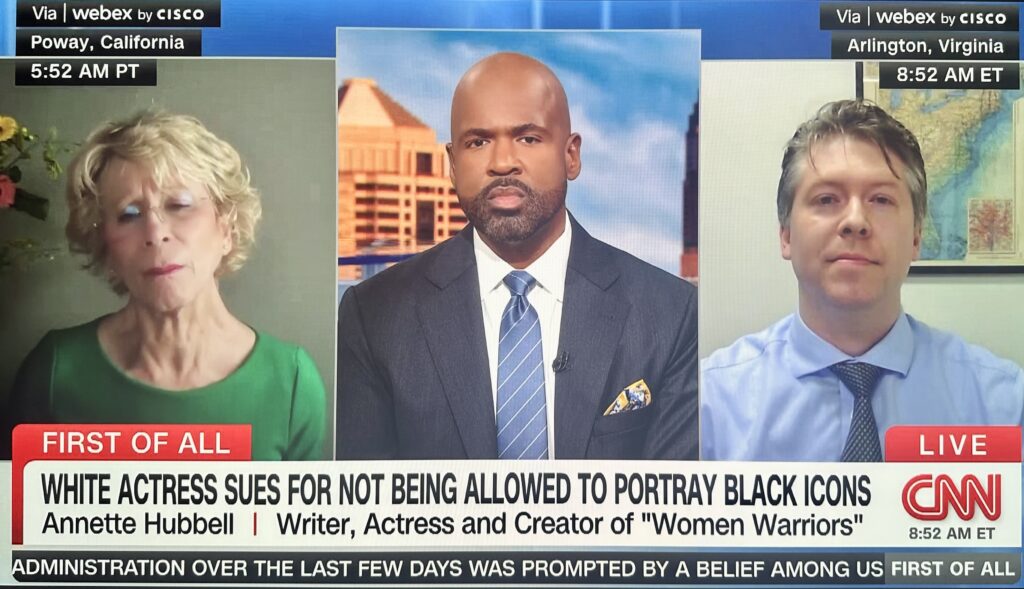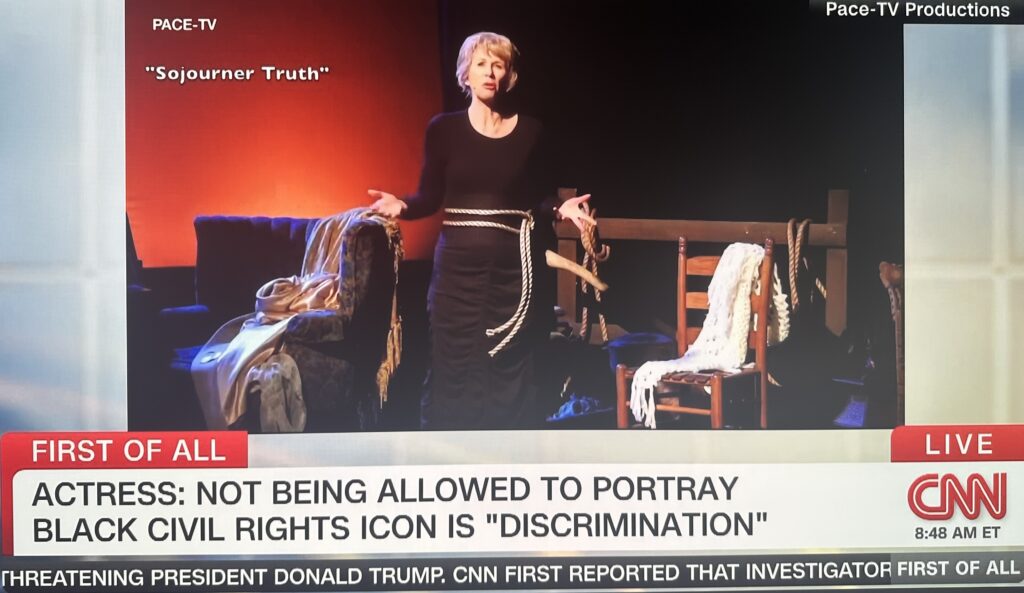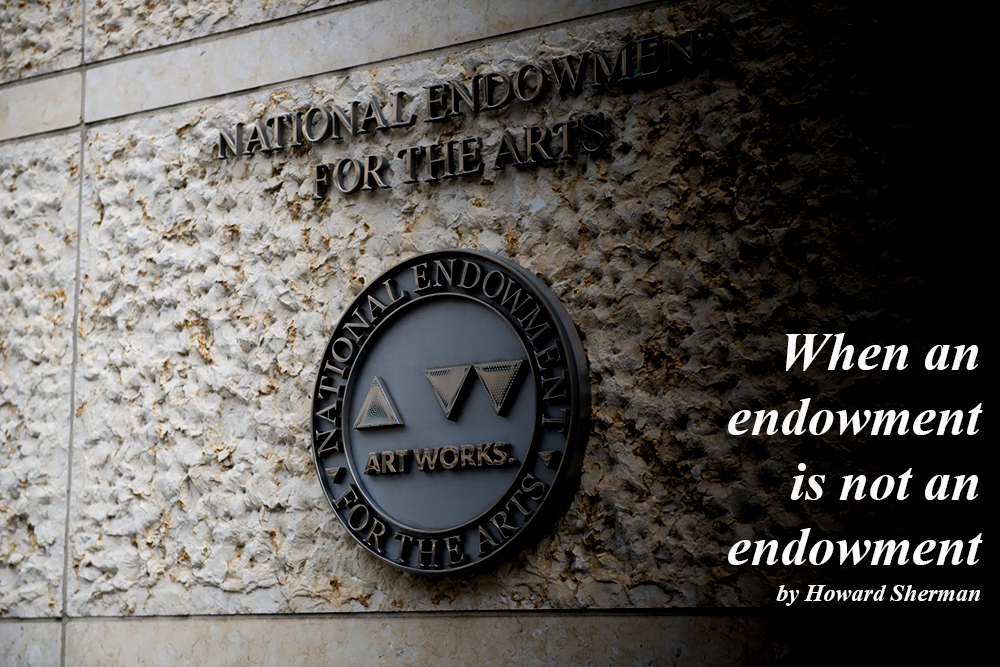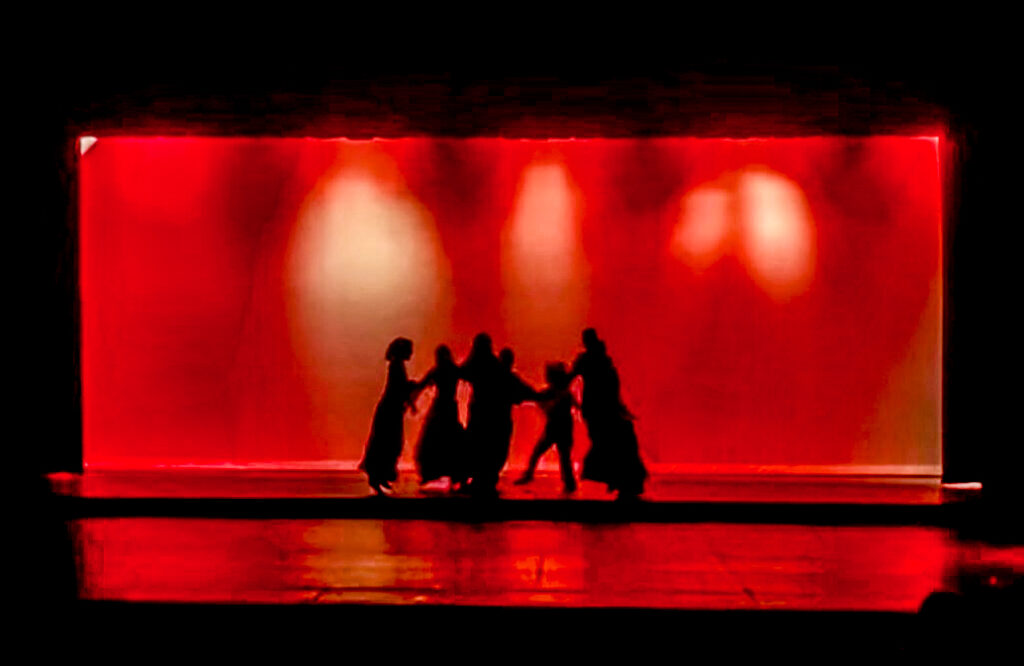
On its face, to those who believe in authentic representation of race and ethnicity on stage, a white woman playing Harriet Tubman is absurd if not grotesque. It would follow then that the same woman suing a library for reneging on her contract to do just that is nothing short of outrageous.
Unfortunately, this is not a hypothetical construct. Writer and actor Annette Hubbell was engaged by the Rancho Santa Fe Library in San Diego County, California to perform vignettes from her “Women Warriors” program in 2024. A contract was issued for Hubbell to portray Tubman and Mary McLeod Bethune, as well as Harriet Beecher Stowe, two Black woman and one white woman. Then, according to Hubbell, shortly before the performance was to be given, the library asked Hubbell to swap out Bethune and Tubman for other famous women, white women, in her repertoire, reportedly because it would not be appropriate for her to portray the Black historical figures.
Hubbell, on record to KPBS ingenuously claiming, “It never occurred to me that that might even be an issue,” refused to make the switch to other characters in her portfolio, which include Elizabeth Fry, Corrie Ten Boom and Gladys Aylward, and the performance was canceled by the library. It is unclear whether Hubbell was paid her fee regardless.
In December 2024, former San Diego city attorney Jan Goldsmith published an op-ed in the San Diego Union Tribune recounting the incident and declaring support for Hubbell. He wrote, “It is hardly equitable, respectful or inclusive to ban an actress from honoring in a performance an historical character because they are of different races. The apparent assumption is only an actress of the character’s race can understand and convey that character’s feelings. That is simply untrue.” Goldsmith noted that this was not blackface portrayal and therefore not offensive. He’s also a bit of personal publicist for Hubbell, having previously profiled her for the paper.
Following this, the conservative leaning Pacific Legal Foundation took up Hubbell’s cause, leading to a lawsuit claiming that Hubbell is a victim of racial discrimination. Filed at the beginning of May in the US District Court Southern District of California, the suit seeks compensatory damages, punitive damages, attorney’s fees, and “an award of nominal damages in the amount of $1.00.”
Awareness of the case is only going to escalate, with Hubbell and one of her attorneys appearing live this morning on CNN to reiterate their claims. It will throw the topic of authentic representation and reverse discrimination back into headlines, and it is unlikely that the ensuing dialogue will be terribly constructive in terms of understanding the issues at hand.
Hubbell has now spoken out trying to make parallels with other works where artists of certain races play characters of another.

Writing in her own Union Tribune op-ed, days after filing her lawsuit, in which she described herself as not by nature being adversarial, she wrote, “There’s nothing unusual about actors portraying historical figures of differing races. The most prominent example from recent years is the hit Broadway musical ‘Hamilton,’ in which a cast of primarily non-White actors portrays the revolutionary era with energy and warmth. I raised that point with library officials, who dismissed the issue by saying, “That’s historically different.” They couldn’t explain how it was different. Would they cancel a ‘Hamilton’ show for using actors of the ‘wrong’ race? Of course not.”
Boiled down to basics, the same laws that prevent discrimination against people of color can and have been used to claim reverse discrimination in various arenas, leading to such results as the striking down of affirmative action efforts at universities. It has proven difficult to make allowances for circumstances, intentions and nuance, which is what Hubbell and her attorneys will now seek to capitalize upon. Even Hamilton, early on, ran into trouble over casting notices which sought “non-white” actors and they have had to alter their language and efforts accordingly in order to comply with the letter of the law.
What’s likely to get lost here is that, in Hubbell’s own telling, she offers a menu of vignettes from which presenters can choose and the library allegedly requested Bethune and Tubman, only to change their mind as awareness sank in and the performance approached. If the library had done its due diligence, if the various departments that weighed in closer to the performance had been involved at the start, Hubbell might have been asked to do different characters from the beginning and what now is being decried as censorship would never have arisen. Someone, somewhere along the way at the library really dropped the ball with that initial selection – were they paying attention? – and now the library, and champions of authentic representation, will likely pay the price. This case too easily fits into the narrative advanced by four months of vigorous attacks on anything that conservative firebrands can claim to be a result of legitimate and necessary equity, diversity and inclusion efforts, which they seek to vilify and eradicate.
Even if the suit is successful, it’s unlikely to open the doors to a wave of white actors playing BIPOC characters in major arenas. That said, it’s impossible not to wonder whether the furor here could yield a Kennedy Center booking for Hubbell so that Richard Grennell and his cohort can stick another thumb in the eye of those who decry his partisan reframing of that institution. For those, like me, who believe that DEI initiatives remain essential, this is a reminder that the work must not be a hurdle to be cleared later in the programming or producing process, but something inextricable from the start, to avoid gaffes that may create or reinforce unfortunate precedent when it comes after the fact.













